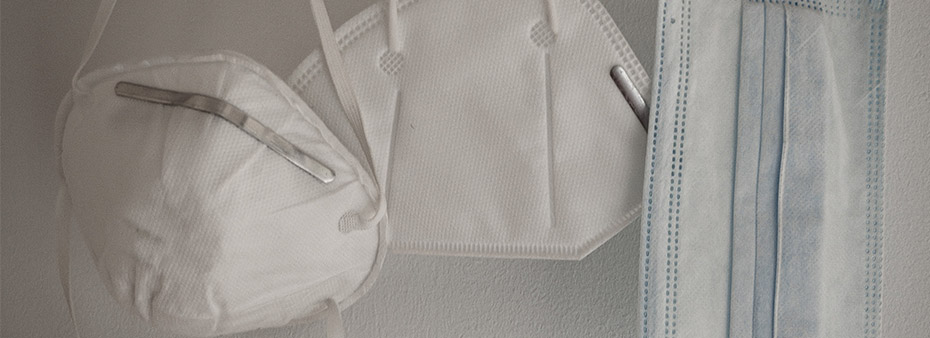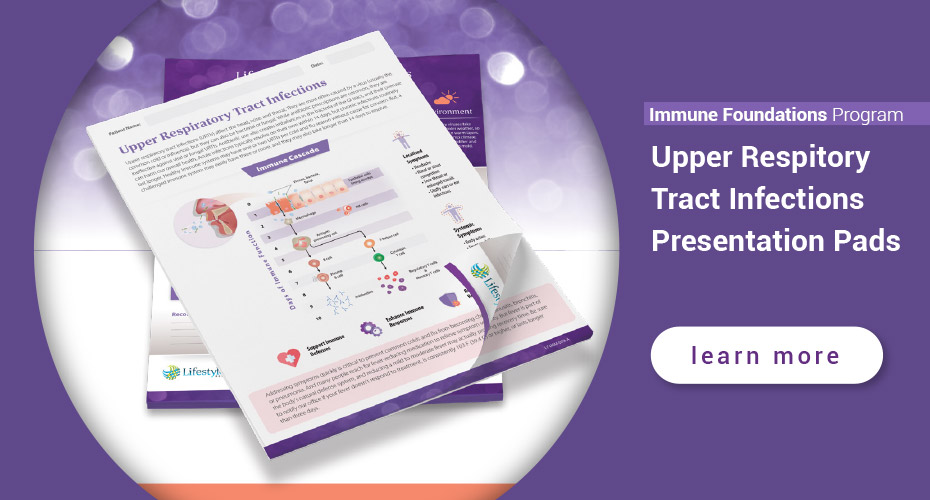If we look back to late 2019 and early 2020, the medical community was beginning to understand autoimmunity differently, as a growing epidemic with deep roots in environmental triggers. Much of the tremendous rise of the wellness industry can be attributed to the increasing number of Americans finding themselves chronically ill secondary to a dysfunctional immune system. My own research to that time was dedicated to uncovering how that dysfunction is specifically triggered by factors in the environment.
In the middle of 2020, as the COVID-19 pandemic raged, my father, Aristo Vojdani, PhD, and I were having one of our regular brainstorming meetings as to discuss how we could assist with the battle against the virus. We knew through our prior work that viruses such as HHV-6 and EBV have the potential to be powerful triggers of autoimmune disease. Given the clinical symptom set and inflammatory cascade that follows a SARS-CoV-2 infection, we knew that it had the ability, at least on paper, to be an exponentially more potent trigger of autoimmunity and that this could be why people experienced chronic symptoms in the months following infection. We decided to embark on a project to map that potential.
Research on COVID-19 and Autoimmune Disease
The result of that research is our latest publication in Frontiers in Immunology. In summary, we took human monoclonal antibodies against different SARS-CoV2 target antigens and reacted them against more than 60 different human tissue antigens to determine how much cross-reactivity was present. For those who are not familiar with the term, cross-reactivity is essentially when an antibody produced for a specific antigen or target inadvertently binds to an unintended antigen or target secondary to similarities in the amino acid sequences between the two known as sequence homology. Cross-reactivity is a major mechanism in the induction of autoimmunity.
We found that human antibodies against spike protein and other SARS-CoV-2 targets had significant cross-reactivity to several human tissues including the mitochondria, blood-brain barrier, intestinal barrier proteins, TPO, GAD-65 found in the pancreas and nervous tissue, amyloid beta, and many others. The most significant cross-reactivity was found against the mitochondria, which matches the most common symptom set seen in the months following infection: chronic fatigue. Overall, our findings seem to suggest that, at least in a test tube, the antibodies developed as part of an immune response against SARS-CoV-2 may potentiate specific autoimmunity.
COVID-19 and Autoimmunity: What We Know Now
What do we do with the cumulative set of information we have on COVID-19 so far? As I mentioned earlier, the practice of medicine was already shifting toward an evolved understanding of immune dysfunction because of the global rise in autoimmunity. My own belief is that COVID-19 will represent another explosive drive in that same direction. It is an all-hands-on-deck call to arms for our community to continue what we started before the pandemic: more education and implementation of anti-inflammatory lifestyle change, more investigation into the specific state and nature of our patients’ immune systems something known as immunotyping, and more specific support for the immune system tailored to the dysfunction we discover.
The Bottom Line
As we push for precision medicine to be the backbone of how we treat patients, we will be best suited to deal with the aftermath of COVID-19. Now more than ever, our patients need us to be on the cutting-edge of science to help weather the post-COVID-19
storm.
ELROY VOLDANI, MD

Dr. Elroy Vojdani is the founder of Regenera Medical, a boutique Functional Medicine practice in Los Angeles, California. Upon graduating medical school from the University of Southern California and completing his residency at USC Keck School of Medicine,
Dr. Vojdani began his career as an interventional radiologist, diagnosing and treating complex, late-stage cancers and other extremely debilitating diseases. While this experience gave him unique insight into hospital-based medicine, his desire to
stop disease before it reached the point of becoming a chronic illness remained at the core of his desire to practice medicine. Today, he continues in his father’s footsteps–pioneering to find answers to medical conditions that go undiagnosed
and untreated.
Dr. Vojdani has co-authored more than 20 articles in the scientific literature and continues an integral role in research related to autoimmune, neurodegenerative and autoinflammatory conditions. He is also the co-author
of a medical textbook, Food Associated Autoimmunity.




